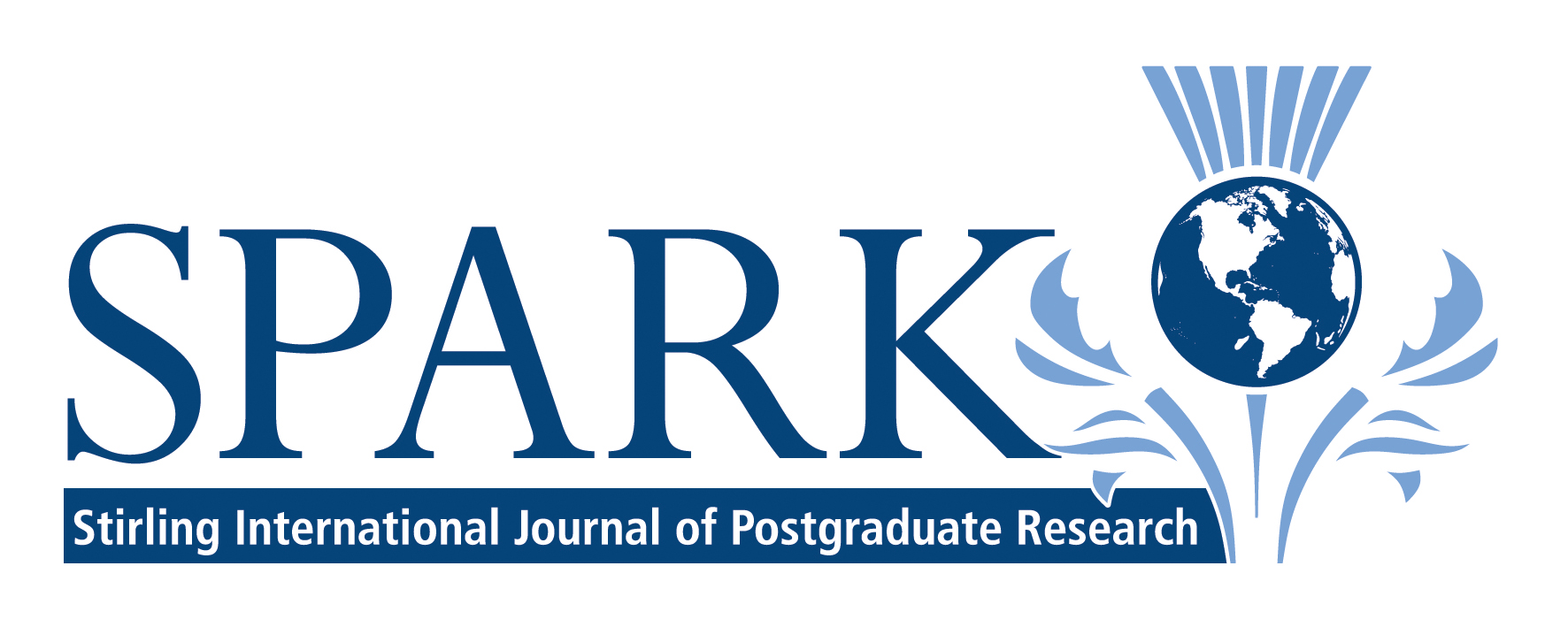Applying Theories of Capital to Understand the Role of Social Connections in Influencing Wellbeing: A Literature Review
Laura Bryce, University of StirlingAbstract
This literature review critically reflects on contemporary literature across both social science and health science research which frames social connections as a determinant of health. The review brings together literature from both disciplines to contribute to the understanding of the role played by social connections in influencing wellbeing. Drawing upon a wide range of literature, the review initially synthesises the findings of previous research to identify the notable pathways through which social connections can influence wellbeing. The review evidences the specific role each one plays in terms of influencing individuals’ wellbeing outcomes. Subsequently, theories of capital in the form of social capital, human capital, and family capital are applied to the pathways identified to theoretically underpin the processes through which social connections can influence wellbeing. Highlighting wellbeing as an outcome in a social science context draws attention to the patterns and mechanisms of social inequalities in wellbeing which are important for informing both relevant policies and future research. It is hoped that drawing on a body of literature which frames social connections as a key determinant of health can encourage the use of theories and concepts from social science such as the strength of weak ties theory, the homophily principle, and theories of capital in future health research.
Want to get involved?
Laura Bryce, University of Stirling
